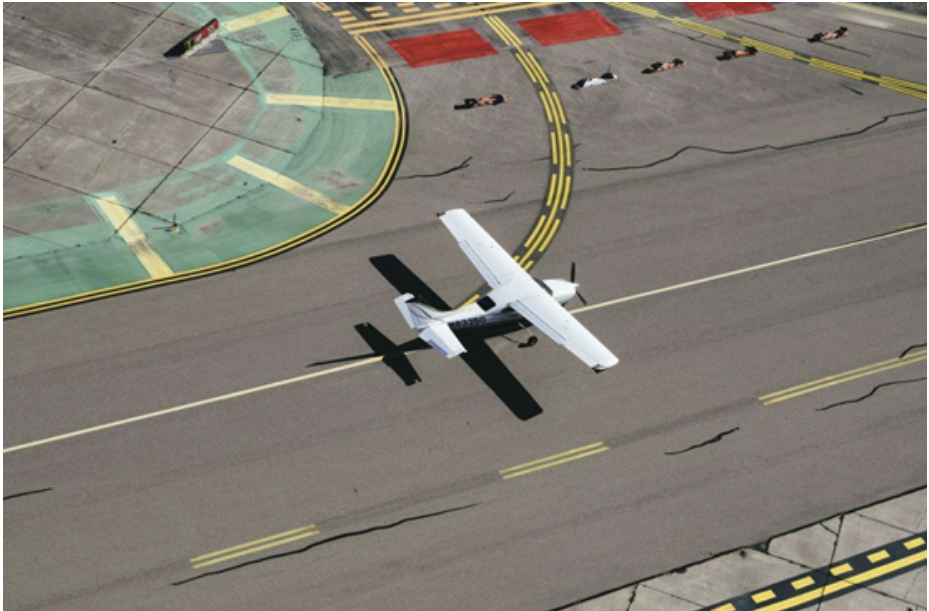CAA Class 2 Medical: requirements, restrictions, and exemptions explained

If you want to hold a private pilot licence (PPL), which allows you to fly non-fare paying passengers, then you will need to have a valid class 2 medical certificate. This class of medical will also apply to pilots looking to gain a balloon pilot licence (BPL) or sailplane pilot licence (SPL).
In order to help you better prepare for your upcoming medical and to ensure you bring everything you need with you on the day, here is a round up of the most important information about the CAA class 2 medical.
Class 2 medical requirements
Applying for a Class 2 medical certificate requires a medical examination from an Aeromedical Examiner (AME). Once you meet the medical requirements, the AME will issue the certificate for you. To schedule an examination, you can directly book an appointment with an AME, such as Heathrow Medical. Our specially trained doctors are authorised to issue UK medical certificates to pilots. Click here to book your CAA class 2 medical.
CAA Class 2 Medical Restrictions
It’s important to note that only one UK medical certificate can be held at a time. Additionally, you can only apply for a licence from the aviation authority in the country that holds your medical records.
The validity period of a Class 2 medical certificate varies depending on the age of the applicant at the time of examination. If the applicant is under 40 years old, the certificate will be valid for 5 years or 60 months. However, if the certificate is issued before the applicant turns 40, it will expire once they reach 42 years of age. Meanwhile, those aged between 40 and 50 years old will only have a 24-month valid certificate. If the certificate is issued before the applicant turns 50, it will expire once they reach 51 years of age. Finally, those aged 50 years and above will only have a 12-month valid certificate.
Medical exemptions
If you are training to be a private pilot then you may be able to self declare your fitness in order to fly with an instructor, but as soon as you start flying solo, you will need to be declared fit and healthy by an approved Aeromedical Examiner.
It is therefore recommended that you undergo your class 2 medical before you start training in order to make sure you meet the required health and fitness standards and can start flying without delay.
What to expect on the day of your medical
You’ll need to arrive at your appointment with a full bladder as you will be required to give a urine sample. It’s also recommended you bring along any glasses or contact lenses that you wear, together with any prescriptions and medical history you might need.
The doctor will ask you questions about your current and past health and fitness and examine you to check your:
- Eyesight
- Hearing
- Heart function – including blood pressure
- Lung function
If all the requirements are met, we’ll issue you with your class 2 medical certificate on the day. If all the requirements are not met, further investigation may be needed, which will result in a delay in your certificate being issued.
Book now for a CAA class 2 medical
Click here to find out everything you need to know to book your appointment, including registering on the CAA online portal and the price you can expect to pay for your medical.
